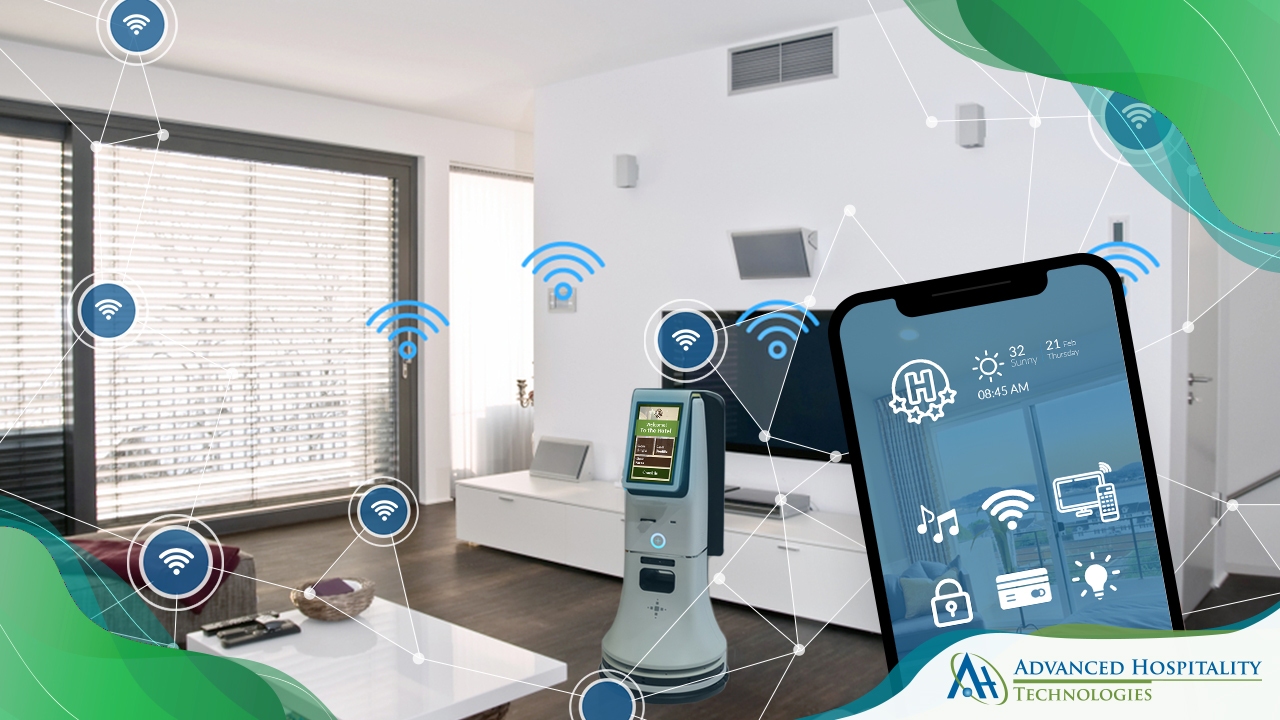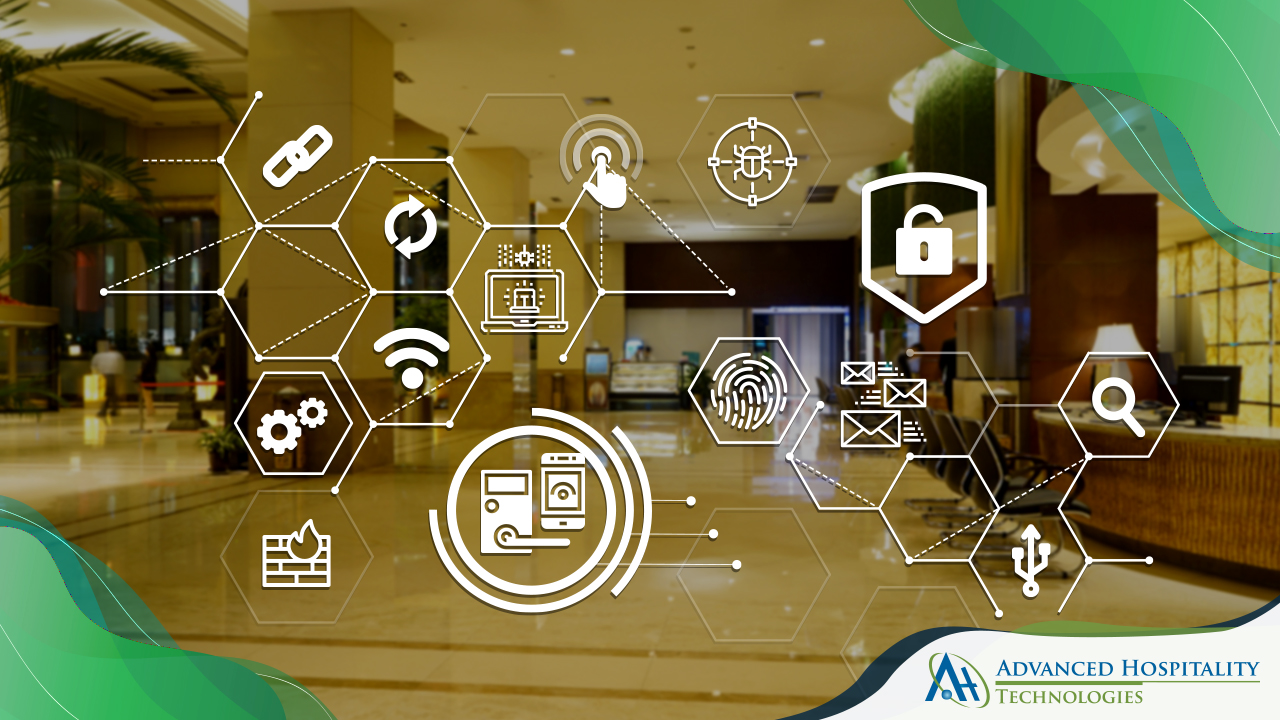Introduction
The hospitality industry has evolved dramatically over the past few years, especially for small independent hotels. Today’s travelers expect convenience, personalization, and seamless experiences, even from budget-friendly accommodations. For small hotels, competing with large hotel chains can be a challenge, particularly when it comes to providing exceptional guest services without overspending. Fortunately, advancements in affordable technologies are leveling the playing field. By adopting budget-friendly tools, small independent hotels can enhance guest satisfaction and streamline operations without a hefty investment.
In this blog, we will explore several cost-effective technologies that can significantly improve the guest experience for small independent hotels. From mobile apps and self-check-in kiosks to cloud-based property management systems, these solutions can help hotels operate more efficiently while keeping costs down.
Mobile Apps: Enhancing Guest Convenience
One of the simplest yet most effective ways to elevate the guest experience in small independent hotels is through the use of mobile apps. Modern travelers prefer the convenience of managing their stays directly from their smartphones. Mobile apps offer a variety of functions, such as room service requests, booking amenities, or communicating with hotel staff, all from a digital platform.
For small hotels, developing a mobile app from scratch may seem like a significant expense. However, there are affordable, subscription-based platforms specifically designed for independent hotels. These platforms allow hotels to customize features based on their services, creating a unique app experience without the need for expensive development costs.
Beyond convenience, mobile apps offer the advantage of providing contactless service, a crucial aspect in the post-pandemic travel environment. Guests can make requests or reservations without interacting with staff face-to-face, adding a layer of safety and privacy. By investing in a simple mobile app, small independent hotels can meet guest expectations for convenience and personalized service while keeping costs manageable.
Self-Check-In Kiosks: Streamlining the Check-In Process
In an era where travelers seek efficiency, small independent hotels can greatly benefit from self-check-in kiosks. These kiosks, which allow guests to check in and access their rooms without waiting in line at the front desk, enhance the overall experience by reducing wait times and offering a seamless arrival process. This is especially valuable for guests who are arriving after a long day of travel or for those with tight schedules.
For small hotels, adopting a kiosk system doesn’t have to break the bank. Tablet-based check-in stations offer an affordable alternative to larger, more expensive kiosks. Some self-check-in systems can also be integrated directly with existing property management systems, ensuring smooth and consistent guest data management.
Self-check-in kiosks free up hotel staff to focus on more personalized tasks, such as providing concierge services or assisting guests with specific needs. By minimizing the time staff spends on repetitive tasks, hotels can allocate more resources to enhancing the guest experience, creating an impression of thoughtful and attentive service.
Cloud-Based Property Management Systems (PMS): Centralizing Operations
Effective management of guest reservations, housekeeping, and billing is crucial for any hotel, especially for small independent hotels with limited resources. A cloud-based Property Management System (PMS) offers a cost-efficient solution that helps hotels streamline their operations and improve efficiency. Unlike traditional PMS, cloud-based systems don’t require expensive hardware or IT infrastructure, making them a perfect fit for hotels on a budget.
With a cloud-based PMS, hotel staff can manage multiple operations from a single platform, such as tracking room availability, processing payments, and monitoring housekeeping schedules. These systems also offer real-time data, enabling hotel managers to make informed decisions and optimize resource allocation.
Many cloud-based PMS providers offer subscription-based pricing models that are flexible and scalable, meaning that small hotels can find a plan that fits their specific needs and budget. The ease of integration, along with the ability to access the system from any device, further adds to the appeal. By adopting a cloud-based PMS, small independent hotels can significantly enhance operational efficiency and focus more on creating memorable guest experiences.
Automated Guest Communication: Improving Response Times
Prompt and effective communication is key to providing a great guest experience, but managing guest inquiries can be time-consuming, especially for small hotels with limited staff. Automated guest communication tools, such as chatbots or automated email responses, offer an affordable way to improve communication without overloading staff.
Chatbots, which can be integrated into a hotel’s website or mobile app, allow guests to get quick answers to common questions, such as check-in times, available services, or local recommendations. These tools can provide 24/7 support, ensuring guests feel taken care of even outside of regular operating hours.
In addition to chatbots, automated email systems can send out personalized confirmations, welcome messages, or post-stay surveys, keeping guests engaged throughout their journey. For small independent hotels, this not only saves time but also enhances the guest experience by ensuring timely communication. By investing in affordable communication automation tools, hotels can improve service delivery while maintaining a personal touch.
Energy-Efficient Smart Devices: Reducing Costs and Enhancing Comfort
Another way small independent hotels can use technology to improve the guest experience is through energy-efficient smart devices. Smart thermostats, lighting, and energy management systems not only reduce operational costs but also provide guests with customizable room settings. Guests can control room temperature, lighting, and entertainment systems directly from a mobile app or in-room panel, creating a personalized and modern experience.
These smart devices also offer significant savings for small hotels by reducing energy consumption during periods when rooms are unoccupied. While the initial investment in smart devices may seem high, the long-term savings and improvement in guest comfort make it a cost-effective solution. Many smart device providers also offer affordable packages designed specifically for boutique and independent hotels, ensuring that even those with smaller budgets can benefit.
Conclusion
In today’s competitive hospitality industry, small independent hotels must leverage technology to provide exceptional guest experiences while staying within budget. Affordable solutions like mobile apps, self-check-in kiosks, cloud-based PMS, automated guest communication, and energy-efficient smart devices offer small hotels the opportunity to enhance their service offerings without a significant financial investment.
By adopting these budget-friendly technologies, small hotels can create personalized and efficient guest experiences, improve operational efficiency, and remain competitive with larger chains. The future of hospitality is increasingly digital, and by embracing these technologies, small independent hotels can provide the convenience, comfort, and service that modern travelers expect. Ultimately, small hotels that prioritize cost-effective technology solutions will not only meet guest expectations but will also position themselves for long-term success.




